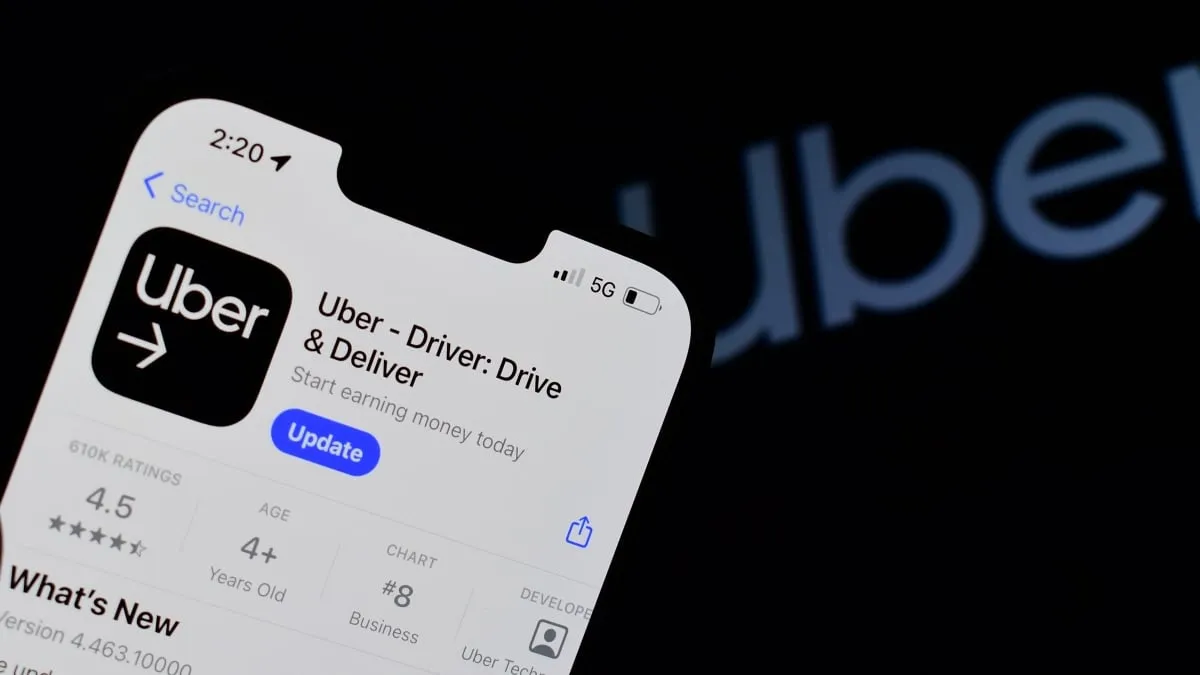Uber Faces $324 Million Fine for Mishandling Driver Data Under GDPR

Uber's $324 Million GDPR Violation: What Happened?
The recent fine imposed on Uber by the Dutch Data Protection Authority (DPA) brings to light significant issues surrounding data privacy. The DPA fined Uber €290 million ($325 million USD) for inadequate protection of driver data. This ruling is a direct consequence of Uber's failure to implement proper 'transfer tools' for handling personal data outside of the EU, leading to inadequate safeguards for sensitive information collected from its drivers.
Background of the Incident
According to the DPA’s investigation, Uber’s approach involved storing critical driver data—such as payment details, taxi licenses, and personal identity documents—on US servers, exposing them under less stringent privacy standards. The complaint originated from 170 French drivers who reported their concerns to a local human rights organization. The escalation to the Dutch DPA reflects the increasing vigilance regarding tech giants' data policies.
Repeat Offender in EU's Eyes
- This isn't Uber's first encounter with hefty fines; in 2018, the company faced fines for a data breach.
- In 2021, Amazon was hit with an $886 million penalty, highlighting the EU's strict compliance measures.
- Meta also suffered a $1.3 billion fine for data transfer violations recently.
Uber stated that it would appeal the DPA’s decision, indicating ongoing tensions between the tech industry and regulatory bodies. This incident poses vital questions about the reliability of data transfer methods and the protections afforded to users in a rapidly digitalizing world.
What Lies Ahead for Tech Companies?
The case of Uber resonates beyond its confines, signaling critical implications for all tech entities operating in the European landscape. As regulations tighten, a renewed focus on data protection is paramount for tech companies. Complying with GDPR is not just about following rules; it’s inherently tied to maintaining user trust and operational integrity.
This article was prepared using information from open sources in accordance with the principles of Ethical Policy. The editorial team is not responsible for absolute accuracy, as it relies on data from the sources referenced.